Unlocking Human Potential
For most of my life, I chased limits, both physical and psychological. Whether in high mountains or on long flights toward uncertain destinations, my days were built around physical training, creative output, and the relentless pursuit of ‘excellence’. I spent decades trying to uncover what I was capable of. In that search, I discovered something both inspiring and sobering—human potential is vast, but it is not limitless. It is shaped by rhythm, recovery, values, and an honest relationship with discomfort.
I had once believed that maximizing human potential meant doing more, pushing harder, climbing higher. But what I learned over time was that potential is not something you reach by force. It is something you uncover through balance, awareness, and intention.
Psychologist Abraham Maslow spoke of self-actualization as the highest human need, the point where a person becomes who they truly are. But that journey is not linear. It requires falling apart and rebuilding. It demands honesty about what drives us and what depletes us.
My work as a professional athlete and photographer gave me tools to explore the edges. It gave me structure, discipline, and access to moments where everything felt aligned. But it also gave me hours of rumination, long stretches away from home, and a dangerous intimacy with pressure and mortality. I spent so much time optimizing that I started to lose the thread of who I was without the performance. Overtime, all that which had once filled me began to erode me. Where I was once whole, I felt hollow. Where I was once satiated, I felt thirst. And where I was once free, I felt caged. As I wrote in The Color of Everything, I got everything I ever wanted and became someone I never wanted to be.
That sentence still stings because it speaks to a deeper caution. The pursuit of potential without awareness can create collapse. That is what I explored in my piece on burnout. When we are always on, always pushing, always seeking more, the nervous system stays in a state of alert. Over time, it cannot hold the charge. What begins as ambition becomes erosion. What begins as excellence becomes emptiness.
To unlock your true potential, you have to define what potential actually means to you. Not what culture tells you. Not what achievement suggests. But what feels aligned, sustainable, and honest.
For me, that began with listening. To my breath. To my body. To the small voice inside that had been drowned out by accolades and adrenaline. I started asking better questions. What makes me feel whole? What work brings me to life? Where do I lose time in the best possible way?
Psychologist Carl Rogers once wrote that the curious paradox is that when I accept myself just as I am, then I can change. That quote reframed everything for me. Because unlocking human potential is not about fixing what is broken. It is about revealing what is buried.
I began to value rest as much as drive. I stopped pretending that creativity and productivity were the same. I started to embrace practices that rooted me in the present rather than projecting me into the future. And in that stillness, I found power. I found clarity. I found parts of myself I had abandoned along the way.
All around us are examples of people who redefined what is possible by shifting their relationship with pressure. Simone Biles stepped away from the Olympic stage not in weakness, but in strength. Her act of withdrawal became a global statement about mental health and self-trust. I’d argue that Roger Bannister broke the four-minute mile not by training harder, but by believing it was possible. That belief reshaped the minds and bodies of everyone who came after him.
These moments remind me that human growth and development is less about pushing and more about permission. Less about noise and more about signal. They remind me that achieving your highest potential is not about conquering. It is about returning.
If I could offer anything to someone seeking to unlock their potential, it would be this. Get clear on what matters. Protect your energy. Redefine success on your own terms. And remember that who you become matters more than what you achieve.
Potential is not a destination. It is a relationship. And like all relationships, it requires presence, honesty, and care.
cory richards
